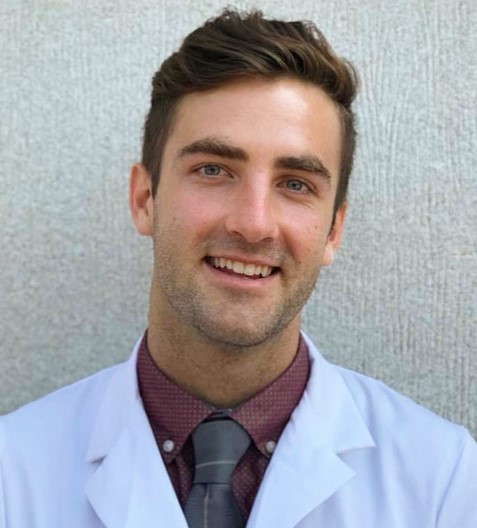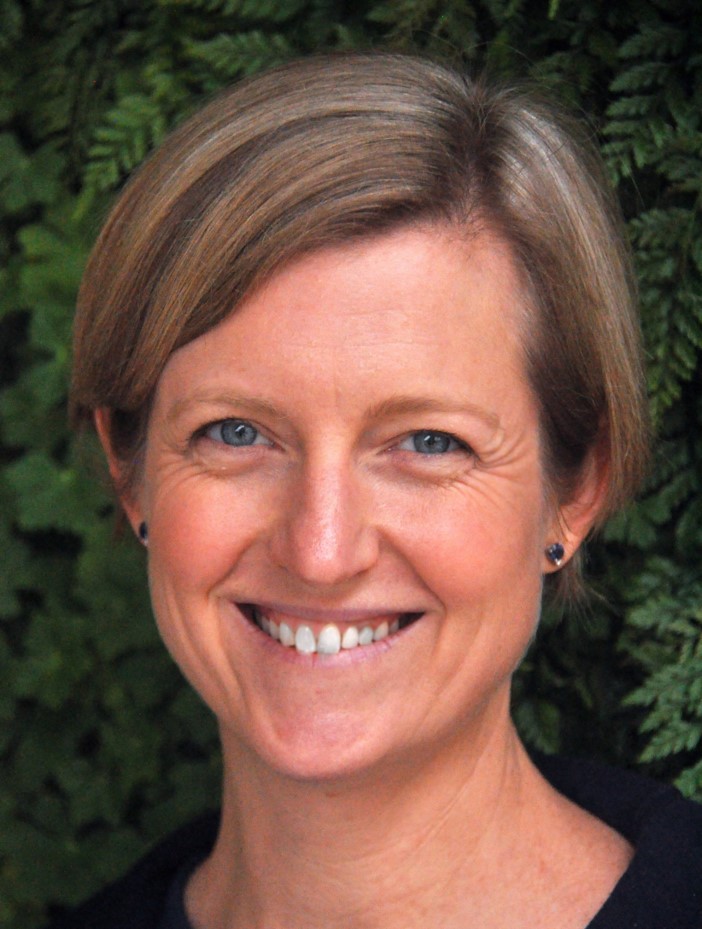Long term outcomes and quality of life in PHACE syndrome

University of California, San Francisco

University of California, San Francisco
Overview
PHACE syndrome is a congenital neurocutaneous syndrome discovered in 1996 when Dr. Ilona Frieden synthesized the association between posterior fossa abnormalities, hemangiomas, arterial anomalies, cardiac anomalies, and eye anomalies. Although much has been discovered about PHACE’s clinical features, workup, and surveillance, there is little that is known about its natural history. Now that time has passed since first patients were diagnosed, we have the unique opportunity to study long-term outcomes, symptoms as patient age, and the impact this disease has on QoL. This project will serve as the next step in PHACE syndrome clinical management, answering questions about disease progression and long-term morbidity.
Our long-term goal is to provide details about the natural history of PHACE and define the impact of the disease on QoL. We hope to identify specific risk factors that may predict disease burden and QoL impact in older ages to ultimately establish preventative action or surveillance indications. Our central hypothesis is that all patients will continue to experience symptoms related to their individual constellation of disease findings in adolescence and adulthood and that those with more severe disease (eg more diagnostic criteria met, more severe anomalies) will report worse QoL. We are also aware of the possibility that this investigation will reveal aspects of PHACE syndrome that have otherwise not been defined in the literature.
Specific Aim 1: Establish a cohort of PHACE patients ages 10 and older and characterize symptoms of the disease and clinical outcomes through chart review and patient interviews.
Specific Aim 2: Assess the impact of PHACE syndrome on patient QoL using the Patient Reported Outcomes Measurement Information System (PROMIS) general global health, anxiety, depression, and social relationship domains.
Status
This project was funded through a 2021 PeDRA Research Fellowship Grant. Learn more about this study through an interview with the investigators.
